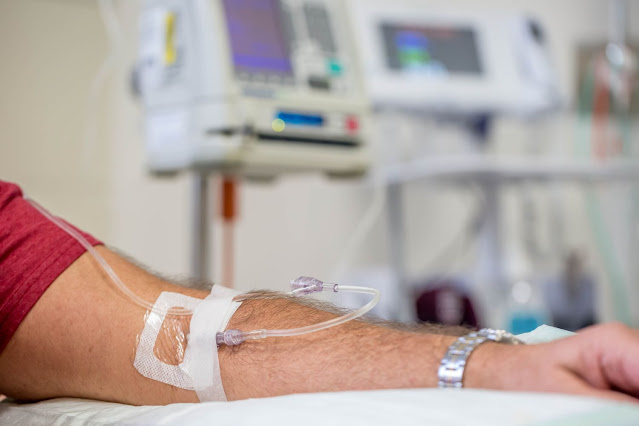Cancer - The very word strikes fear into the hearts of millions. It's a complex disease with many forms, some significantly more aggressive and challenging to treat than others.
This article explores "worst" cancers, defined by their difficulty in treatment and survival rates, while offering insights into promising new research that might change the game.
The Grim Reality: Cancers with Low Survival Rates
Several cancer types pose a significant challenge to medical professionals due to their aggressive nature and late-stage diagnoses. Here are some of the most concerning:
- Pancreatic Cancer: This cancer holds the dismal title of having one of the lowest five-year survival rates, hovering around 11% [source: American Cancer Society]. It's often detected at a late stage when it has already spread, making treatment much harder.
- Lung Cancer: Despite declining smoking rates, lung cancer remains a leading cause of cancer death. The five-year survival rate varies depending on the stage, but overall, it's around 19% [source: American Cancer Society].
- Brain Cancer: Glioblastoma, a particularly aggressive form of brain cancer, has a five-year survival rate of only around 5% [source: American Cancer Society]. Treatment options are limited due to the delicate nature of the brain.
- Esophageal Cancer: This cancer of the esophagus, the tube connecting your throat to your stomach, has a five-year survival rate of around 20% [source: American Cancer Society]. It's often diagnosed at an advanced stage, making treatment less effective.
Why Are These Cancers So Difficult to Treat?
There are several reasons why these cancers are so difficult to combat:
- Aggressive Nature: These cancers grow and spread rapidly, making early detection crucial. Unfortunately, symptoms often appear late in the disease's progression.
- Limited Treatment Options: Traditional treatments like surgery, radiation, and chemotherapy may not be as effective against these aggressive cancers.
- Resistance: Cancer cells can develop resistance to treatments, making them even harder to eradicate.
A Beacon of Hope: Breakthrough Discoveries
Despite the daunting statistics, ongoing research offers a glimmer of hope. Here are some exciting advancements:
- Pancreatic Cancer: Israeli researchers have made a breakthrough in understanding how pancreatic cancer spreads [source: I24NEWS]. This could lead to new therapies that prevent metastasis, the spread of cancer to other organs.
- Gene Editing: CRISPR, a revolutionary gene-editing tool, holds immense potential for cancer treatment. Scientists are exploring ways to edit genes to make cancer cells more susceptible to treatments or even turn them non-cancerous.
- Immunotherapy: This approach harnesses the body's own immune system to fight cancer. Immunotherapy has shown promise in treating some advanced-stage cancers, and research continues to identify new targets for this approach.
It's Important to Note:
These are just a few examples, and cancer research is a rapidly evolving field. While these discoveries are significant, they are likely years away from becoming widely available treatments.
Early Detection is Key
While a cure might be on the horizon, early detection remains paramount. Here's what you can do:
- Maintain a Healthy Lifestyle: Eating a balanced diet, exercising regularly, and avoiding smoking can significantly reduce your cancer risk.
- Be Aware of Risk Factors: Certain factors like family history and exposure to environmental toxins can increase your risk. Talk to your doctor about your individual risk profile.
- Schedule Regular Screenings: Depending on your age and risk factors, different screenings like mammograms or colonoscopies can help detect cancer early when it's most treatable.
The Future of Cancer Treatment🌞
The fight against cancer is ongoing, but with continuous research and groundbreaking discoveries, the future looks brighter. It's important to stay informed about advancements and prioritize preventive me✨asures. Remember, early detection is the most powerful tool we have right now.
Disclaimer:
This article provides general information and is not a substitute for professional medical advice. Always consult your doctor about any health concerns.



.png)





0 Comments